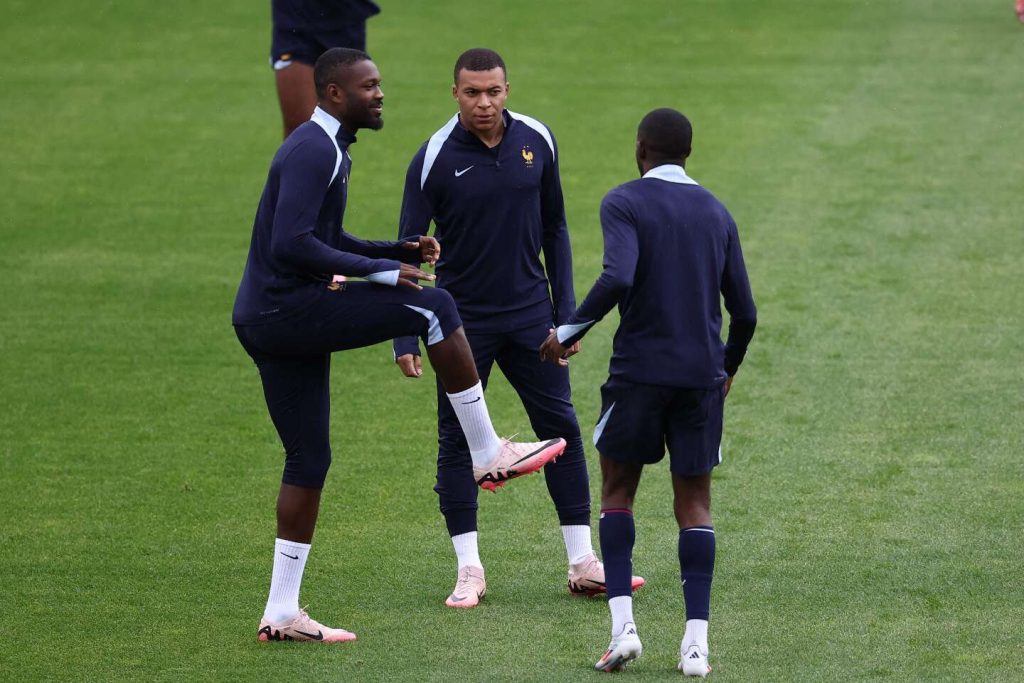In 1996, during the Euro competition in England, the French national team faced criticism from Jean-Marie Le Pen, founder of the Front National (now Rassemblement National), for having players from diverse backgrounds and not all singing the national anthem. Despite most players being born in France, the controversy stirred tensions within the team and led to public statements from players like Bernard Lama, who expressed frustration at the remarks. However, the team led by coach Aimé Jacquet and captain Didier Deschamps defended themselves and focused on their performance on the field rather than engaging with the political debate.
Fast forward to 2024, with the upcoming Euro match against Austria, current French players Marcus Thuram, Kylian Mbappé, and Ousmane Dembélé find themselves in a similar situation. The political climate has once again intertwined with sports, as the Rassemblement National has targeted the national team for supposed lack of patriotism and representativeness. This has led to players like Thuram and Mbappé speaking out against the party, urging the public to resist its influence. The legacy of standing up to political criticism laid down by previous players continues as the team faces scrutiny and pressure to take a stand.
The tensions between the Front National/Rassemblement National and the French national team have deep roots, with Jean-Marie Le Pen’s rise to the second round of the presidential election in 2002 sparking widespread opposition across society. Players, including Marcel Desailly, emphasized the multicultural nature of the team and condemned the far-right party as fascist. This period marked a turning point where athletes felt compelled to speak out on political issues and defend the values of diversity and tolerance represented by the team.
The decision of players like Thuram and Mbappé to openly challenge the Rassemblement National reflects a continued commitment to using their platform for social and political activism. Despite ongoing pressures and attacks from far-right groups, the French national team remains steadfast in its stance against divisive ideologies and in support of unity and inclusivity. The echoes of past confrontations with political forces serve as a reminder of the team’s role beyond the sports arena, as a symbol of resistance and solidarity against extremism.
The historical context of facing political interference and criticism has shaped the French national team’s identity and reinforced its resilience in the face of adversity. Through the years, players and coaches have navigated challenges posed by external forces seeking to undermine the team’s unity and spirit. By remaining focused on their mission on the field and standing up to oppressive ideologies off the field, the team has demonstrated a commitment to upholding core values of equality, diversity, and respect.
As the French national team prepares for their Euro match against Austria in 2024, the legacy of confronting political attacks and standing up for inclusivity remains a central theme. Players like Thuram, Mbappé, and Dembélé continue to carry on the tradition of using their platform for advocacy and resistance against discrimination and division. The ongoing struggle to defend the team’s values against external threats highlights the enduring significance of sports as a site for political expression and social change.


